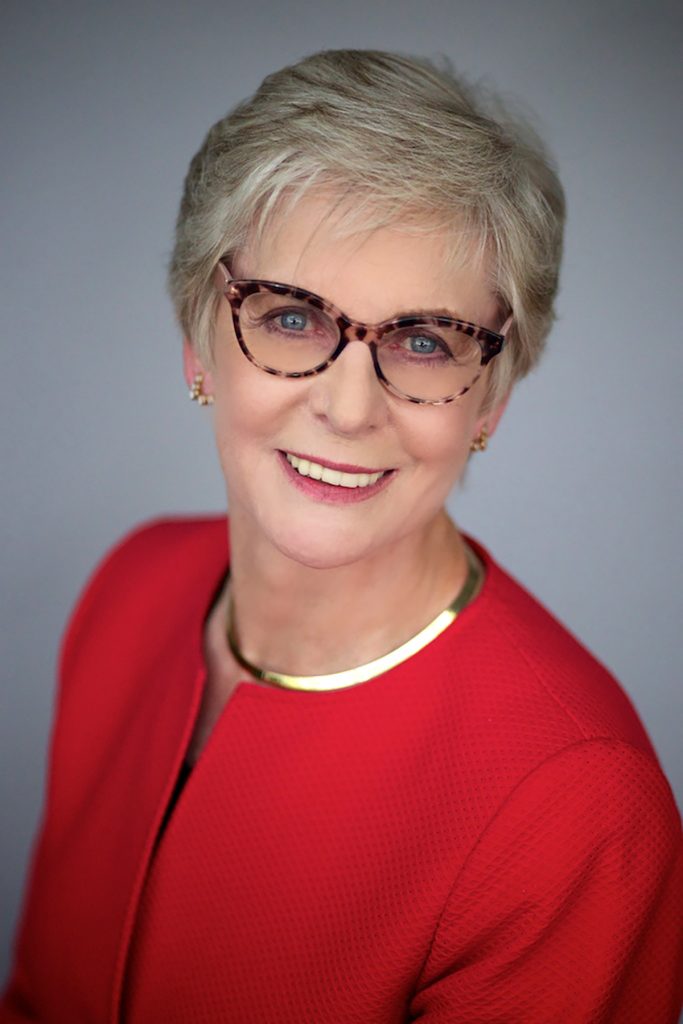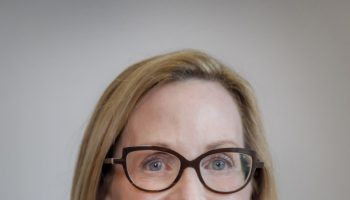Boards and boardrooms are at best a mystery and at worst a black hole for many, if not most, people. Where there is little transparency, employees, shareholders and donors are generally ignorant of the rationale for decisions that can have a profound effect on their lives.
As part of the Chautauqua Professional Women’s Network, Sheila Penrose will remove a layer or two of this veil in her talk titled “The Boardroom Perspective” at 9:15 a.m. Tuesday at the Women’s Club.
“There’s a lot that goes on that never meets the public eye, that’s candid and confidential,” she said. “I’m going to talk about what’s going on inside the boardroom and how relevant it is to what’s going on today.”
Having served for the past 20 years as a director of five corporate boards (all brand leaders), a trustee on five nonprofit boards (including, since 2013, Chautauqua Institution’s), and the chair of a range of board committees, Penrose has participated in numerous challenging and insightful boardroom discussions.
Currently she sits on the boards of McDonald’s, Datacard Group, and JLL (Jones Lang LaSalle), which she has chaired since 2005. Her breadth of cross-sector experience — with the investor community, mergers and acquisitions, financial management, marketing, business development and global expansion — has enhanced her effectiveness in these boardrooms.
“My career has been a bit of a zigzag, like that of a lot of women,” Penrose said. “I’ve been fortunate to have a lot of support and encouragement.”

Born and raised in England, she was required to specialize very early in school, and found she loved the analytical aspects of economics.
“I loved the way economics could explain the foundations of our society,” she said. “We lay on top our societal values. I love the rigor; it’s not called a social science for nothing.”
While earning her master’s at the London School of Economics and Political Science, and immediately afterward, she lectured in economics at Central London Polytechnic.
“I had the opportunity to be an economic adviser to the British Treasury at Number 11 Downing Street, where the British Exchequer has his home,” Penrose said. “It was extraordinary.”
There, she focused on budget policy, anti-inflation strategies and amending the IMF agreement following the first oil crisis precipitated by the Organization of Arab Petroleum Exporting Countries’ oil embargo (October 1973 to March 1974), when the British pound was under pressure.
Her first husband, who was head of marketing at Quaker Oats Company, was asked to relocate to Chicago, and Penrose moved with him.
“When I first came to the States, I didn’t understand the power of networking,” she said. “I didn’t know how to do it. It’s fortunate that a woman economist in Chicago introduced me to people I needed to know.”
Penrose was hired as an economist for what is now a major Chicago bank, Northern Trust Corporation. She also attended the Executive Program at Stanford Graduate School of Business in California (and later served on its advisory board).
Eventually she became president of Northern Trust’s corporate bank. Under her leadership, this global business was transformed and net income grew 17 percent annually. During her last seven years there, Penrose was the first and only woman member of its management committee.
Committed to workplace diversity and inclusion, Penrose is a founding member of the U.S. 30% Club, the goal of which is to achieve better gender balance at U.S. companies. She is also a member of various boards dedicated to the advancement of women in the workforce, and co-founded and co-chairs the Corporate Leadership Center.
Penrose is proudest of CLC’s Leading Women Executives program, “targeting mid-career women in large corporations who are starting to realize that they’ve gotten to the point where they need other skills — how to navigate, network, negotiate, lead projects — then watching them progress and succeed.”
The recipient of numerous awards and honors, Penrose was named in 2016 to Chicago Business’ list of the “100 Most Connected” business people in Chicago.
“When I moved here from England, it was much easier for me to navigate in the U.S. than in the U.K.,” Penrose said. “But 40 years later, there are a substantially higher number of women on corporate boards in the U.K. How did that happen? Women are not living up to their potential.”
For the World Economic Forum (Davos) and other global venues, she speaks and writes about leadership and governance issues, especially about gender parity and getting women into boardrooms. She serves on WEF’s steering committee of Community of Corporate Board Chairmen and co-chairs its Gender Equity Initiative.
Seeing other women blossom has been Penrose’s greatest joy.
“There’s always been examples of ‘Queen Bee Syndrome,’ but that’s not prevalent. What is, is women helping women succeed,” she said. “I enjoy helping to groom business leaders, both men and women.”
Leaving people with a more complete and balanced view of what goes on in corporate boardrooms is Penrose’s goal for her morning talk.
“People tend to hear of the mistakes, scandals, missteps,” she said. “I’d like them to know that a corporate board is an imperfect answer to corporate governance because there is no perfect governance. I’m a believer that business is a force for good.”
In addition to Chautauqua Institution, Penrose is currently a trustee of the Chicago Council on Global Affairs, Rush Medical Center, the Museum of Science and Industry and the Chicago Club.
“I’d like those involved with not-for-profits to see the connection between what happens on those board versus corporate boards,” she said. “There are forms of governance and topics discussed at the corporate boardroom that move into nonprofits, such as cybersecurity.”




